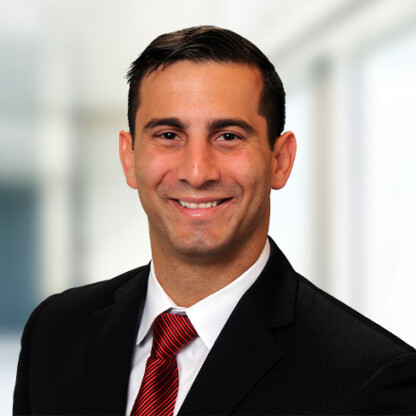T.J. Ferrante, partner and member of Foley’s Telemedicine & Digital Health Industry Team is a presenter at CFC’s upcoming exclusive Digital Healthcare Retreat. His presentation is titled “Digital Health Legal & Regulatory Issues in the U.S. and Beyond.” The session will focus on key regulatory considerations when using digital health technologies and the medical professional liability risks that may arise when delivering care via digital health technology particularly across international borders.
CFC’s two-day retreat will feature a selection of sessions discussing the future of the digital health market with topics covering:
- Cybersecurity
- The growth of artificial intelligence
- Regulatory risks, medical licensure, cross state care, and more
- The mental health epidemic
- The future of health care
To learn more and register, please click here.
People
Related Insights
26 July 2024
Video
Ten Minute Interview: Art Ownership
Brian Lucareli, director of Foley Private Client Services and co-chair of Foley’s Family Offices group, sits down with Lindsey Birch, associate and member of our Intellectual Property practice group, for a 10-minute interview to discuss art ownership.
26 July 2024
Foley In Fashion
Passing the Torch: Technology in the Opening Ceremony Fashion at the Paris Olympics
With the 2024 Olympic Games set in Paris, France, one of the world’s fashion capitals, athletics and aesthetics collide to take center stage at the much-anticipated opening ceremony.
25 July 2024
Foley In Fashion
SHEIN’s $1.9 Million Data Breach: A Cautionary Tale for Online Fashion Brands
The New York Attorney General fined fast-fashion company, Shein Distribution Corporation, $1.9 million for failing to properly handle a data breach in late 2022.
